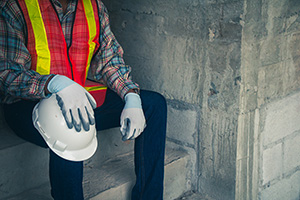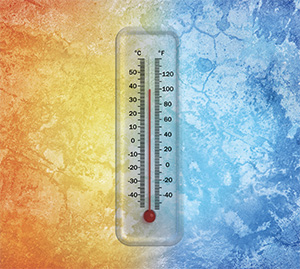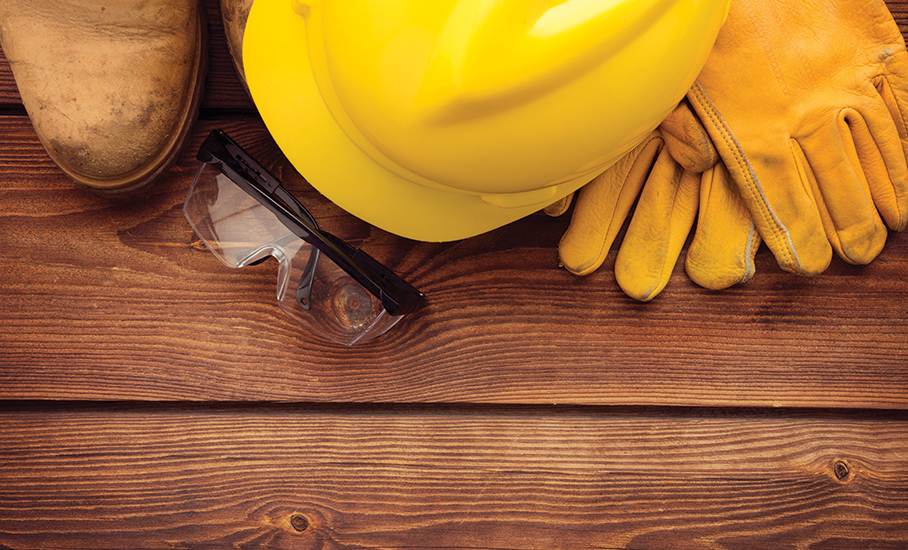Study shows work injuries can affect mental health

Researchers say injuries sustained at work can be more difficult on workers’ mental health than off-the-job injuries, according to Safety+Health magazine.
Australian and Canadian researchers analyzed injury and health data from the Canadian province of Manitoba. They compared more than 7,500 people who experienced serious workplace injuries with almost 29,000 others who were injured similarly away from work.
Findings show the “mental health trajectory from the pre-injury to post-injury period was worse for individuals with a workplace injury.”
The results suggest there may be “factors unique to the workplace and/or injury claims and compensation structures that affect mental health following a workplace injury, and these should be considered in interventions and post-injury care,” the researchers say.
In a report from the Royal Australian College of General Practitioners, Cathy Andronis, chair of RACGP specific interests psychological medicine, says: “For many people, the workplace feels like family, so injuries and their consequences feel personal and affect their relationship with both colleagues and managers, as well as their identity.”
NRCA’s classes, webinars and products offer information to ensure you properly train your employees and can keep them safe. Visit shop.nrca.net for more information.
Illinois bill aims to protect workers from extreme temperatures

Legislation that would direct the Illinois Department of Labor to establish standards intended to protect workers from excessive heat and cold is advancing in the state House, according to Safety+Health magazine.
Sponsored by Rep. Edgar Gonzalez Jr. (D-Chicago), the Workplace Extreme Temperature Safety Act (H.B. 3762) would codify a rule requiring employers to develop a temperature-related injury and illness prevention plan. The rule would include provisions for retaliation, violations, penalties and enforcement.
The House Labor and Commerce Committee approved the measure March 19 with a 17-8 vote. A companion bill (S.B. 2501) was introduced Feb. 7 in the state Senate by Sen. Robert Peters (D-Chicago).
If signed into law and until the rule is adopted, the bill would require employers to take protective measures when the heat index is 80 F or more at outdoor workplaces and 85 F or more at indoor workplaces. Additional safety measures would have to be implemented at indoor and outdoor workplaces when the heat index reaches or surpasses 90 F.
Employers also would have to implement protective measures when the wind chill is 40 F or colder at outdoor workplaces; 60 F or colder at heavy-work job sites; or 65 F or colder at light-work job sites.
The injury and illness prevention plans would have to be tailored to each workplace and developed and implemented with input from employees and their representatives, including collective bargaining representatives.
The plans would be required to incorporate procedures that include:
- Regular monitoring of workers for excessive exposure to heat and cold
- Providing potable water that is immediately available and in the vicinity of workers affected by heat
- Access to shade, cool-down areas or climate-controlled spaces, along with paid rest breaks, for workers affected by heat
- Warm, noncaffeinated beverages for workers affected by cold, along with paid rest breaks and access to warming stations sheltered from wind and precipitation
- Limits on how long employees can be exposed to heat or cold during a workday
DOL cites roofing contractor for fall hazards
The Department of Labor has cited Wilkes-Barre, Pa.-based roofing contractor Luis Alberto-Reyna Avila for exposing workers to falls and workplace hazards at a Lackawanna County job site.
The Occupational Safety and Health Administration initiated an inspection of Avila’s business, 3 Guys Home Improvement Inc., in September 2024 after receiving an imminent danger complaint alleging worker exposure to fall hazards. The company is not an NRCA member.
The agency cited 3 Guys Home Improvement for two willful violations for lack of fall protection and failure to ensure the use of personal protective equipment and 10 serious violations for improper labeling on flammable containers, working near energized power circuits and improper use of ladders. As a result of the operator’s history of violations, the company has been added to OSHA’s Severe Violators Enforcement Program.



